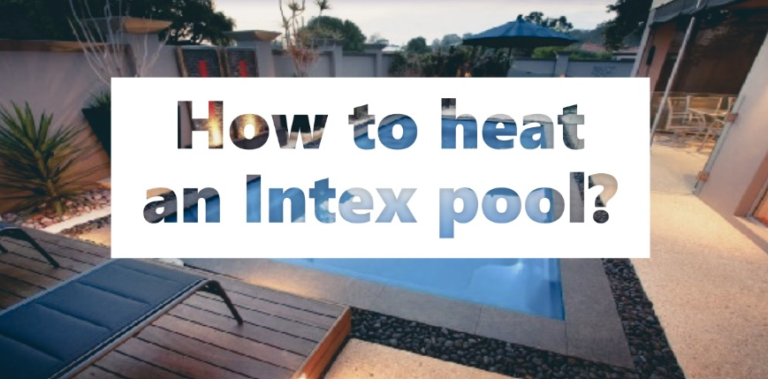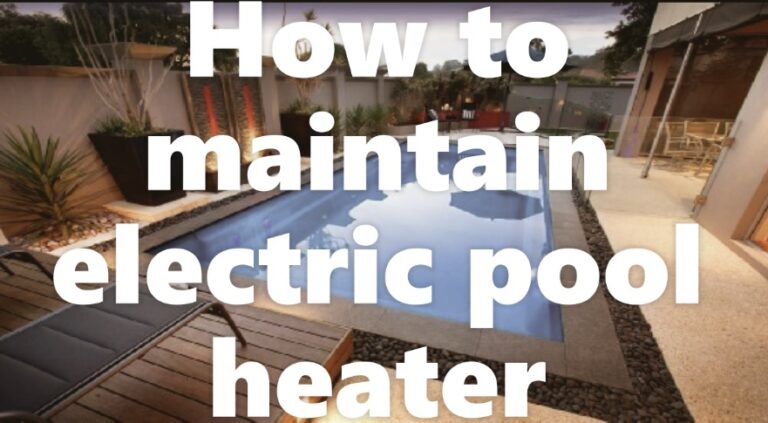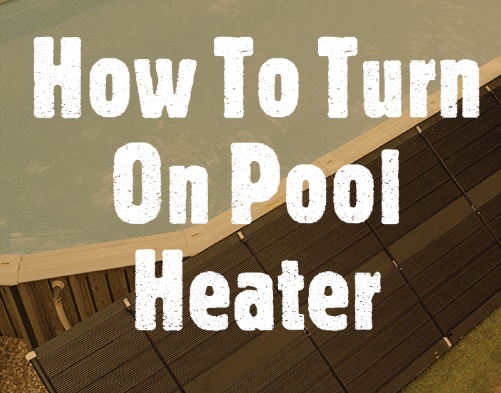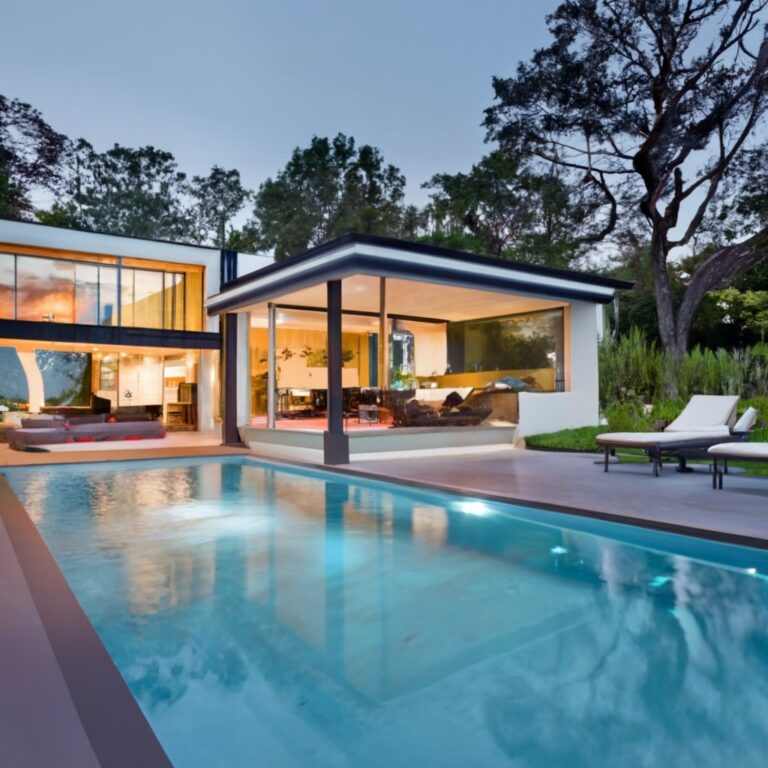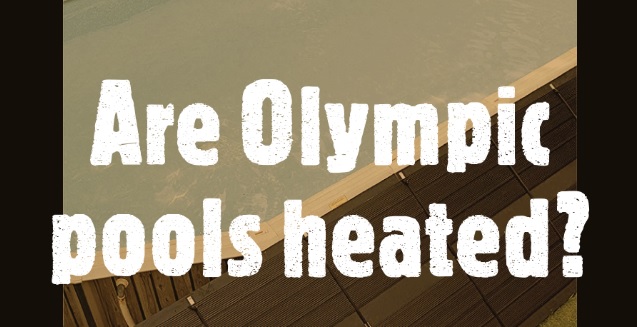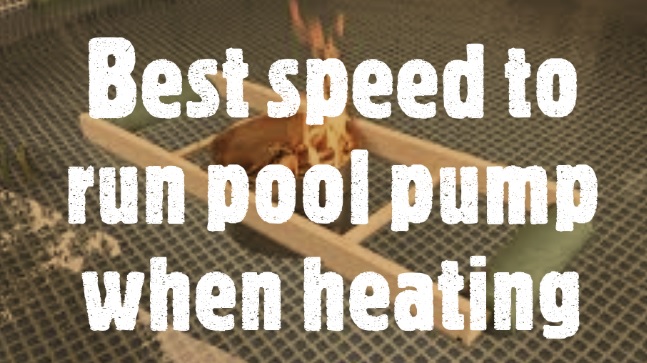How to choose a swimming pool heater
The heater is the most important component of a swimming pool. It keeps the water warm, which means you can swim in it year-round and also that your kids will actually want to go outside and play instead of huddling together inside like animals. But choosing the right heater isn’t always easy. There are dozens of different types, sizes and brands out there—and I’m sure some are better than others—so how do you know what will work best for your pool? Well, let me help! In this article I’ll walk you through all the steps required to select a heater that fits your needs perfectly: from matching it up with your climate needs to making sure it’s sized correctly for your pool size. And by following these steps carefully (and reading my other articles on pools), I guarantee that you’ll end up with a perfect little heater friend who makes swimming season much more enjoyable. So, lets dive in and find out how to choose a swimming pool heater!
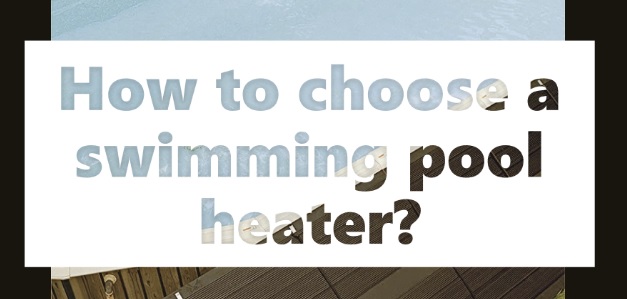
Match the heater to your pool’s needs:
When choosing a pool heater, you need to consider the following:
- Size of your pool. The type of pool and its size will determine what kind of efficiency you can expect from your heater. For example, if you have an above-ground or vinyl liner pool with a plastic shell, it will be difficult to heat using any other method besides electric or propane heaters. If you have an inground concrete walled-in type of pool, which is larger and has more surface area for heating purposes, then gas or solar heating methods are better suited for you.
- Type of heater. There are several types available on the market today including gas and solar heaters as well as traditional electric ones that plug into outlets around your home (which are often called “immersion”). Each type has its own advantages and disadvantages so choose wisely by knowing what each one offers before making any decisions!
- Temperature needs for your swimming season(s). If it doesn’t get hot enough during summer months due to excessive humidity levels like Florida residents experience then having multiple layers may help keep temperatures down without increasing costs too much since most people don’t want $100-$200 monthly bills coming their way every month after all!
Pick a type of heater: How to choose a swimming pool heater
You have a few options when it comes to choosing a pool heater, but the most common are electric, gas, and heat-pump.
Electric heaters are the most common for home use because they’re affordable and easy to install. They work by passing electric current through water as it passes through coils that generate heat on the outside of the coil. They can be installed above or below ground and take up less room than other types of heaters so they’re great for people who want their pool’s size or shape to be visible from their house or yard.
Gas-fired pool heaters use natural gas or propane to create hot water which is circulated back into your pool using pumps connected to an automatic timer system that keeps track of your desired temperature so there’s no guesswork involved at all! Some models have built-in fans that circulate air around them—which helps prevent corrosion–but this isn’t necessary if there’s adequate ventilation nearby (for example: on top).
Heat pump models require more wiring than other types but they’re also more efficient since they use refrigerant instead of electricity like their electric counterparts do; however this makes them costlier upfront due in part because installation requires specialized knowledge not usually found when dealing with smaller tasks such as replacing filters etcetera…
Consider your climate:
Before you buy your swimming pool heater, consider what type of climate you live in. There are three types of heaters: gas-fired, electric and solar.
Gas-fired heaters use propane or natural gas to heat water in the pool’s heater tank while electric and solar models use electricity or sunlight to generate thermal energy. Each type has its advantages and disadvantages, so consider your needs before deciding which one works best for you.
The size of the heater is also important because it will depend on how much water needs heating at once (and not just the size of your pool.) For example, if there’s a lot of snow outside but only a little bit of snow on top off my house roof then I won’t need as powerful a heater because there isn’t as much snow overhead blocking out sunlight – but if there’s lots more snow then I may need something bigger since more heat will be required throughout my home during winter months when temperatures drop low enough outside that icicles form along ledges & eaves.”
Buy the right size heater for your pool:
When shopping for a pool heater, it’s important to think about the size of your pool. The size of your heater should match the size of your pool, otherwise you will be wasting energy and money on heating water that isn’t used. After all, if you have a small pool in your back yard but buy a large heater that’s meant for an Olympic-sized swimming facility, it won’t work as well as expected.
Similarly, if you want to keep your kids safe from drowning accidents by covering their backyard swimming area with an aboveground or in-ground mesh safety cover but then decide not to use one because it interferes with how warm the water feels during those cold winter months… well then there won’t be any reason for them not to go near that warm looking liquid death trap so make sure both options are thought out before buying anything!
Size it up:
When it comes to choosing a swimming pool heater, size matters.
The first thing you need to do is measure your pool’s surface area and depth. If you’re buying a new heater, then this information will be on the box. If not, make sure you have pen in hand as you take down the dimensions of your pool (and don’t forget about any steps or ladders). Once you have this information recorded, add up all of its sides: length x width x depth = surface area!
Next up is determining what type of water heating system would work best for you—if at all. The most common systems use either gas heaters or electric heaters (or both). To determine which type would be best for your situation, consider where your home is located and seasonality: does it get very cold in the winter? Do people tend to stay indoors more during the summer months? Also think about how often people will use their pools—do they only need them in the summertime? Or do they use them throughout all seasons?
Your pool will be more enjoyable if you have the right heater for it:
A swimming pool heater is the unsung hero of your backyard hot tub. It’s the lifeblood that keeps it warm and cozy, and without it you’d be sitting in ice-cold water in January.
Your pool will be more enjoyable if you have the right heater for it. A smaller pool should have a smaller heater with less power than a larger one so that it doesn’t use too much energy or cause unwanted problems like evaporation (which can decrease the size of your pool). Also, if you have multiple pools, consider putting two smaller heaters on each one rather than one big one as this will save money on electricity costs while still keeping them all nice and toasty!
Conclusion: How to choose a swimming pool heater
It’s worth the time and effort to find the right heater for your pool. Not only can it save you money in the long run, but it will make your pool more enjoyable. If you live in a climate where temperatures fluctuate greatly throughout the year, it could be a good idea to invest in an electric heater with an insulated jacket that keeps costs down while providing consistent heat output. If you don’t already have one installed, now is a great time to start looking into getting one installed!

